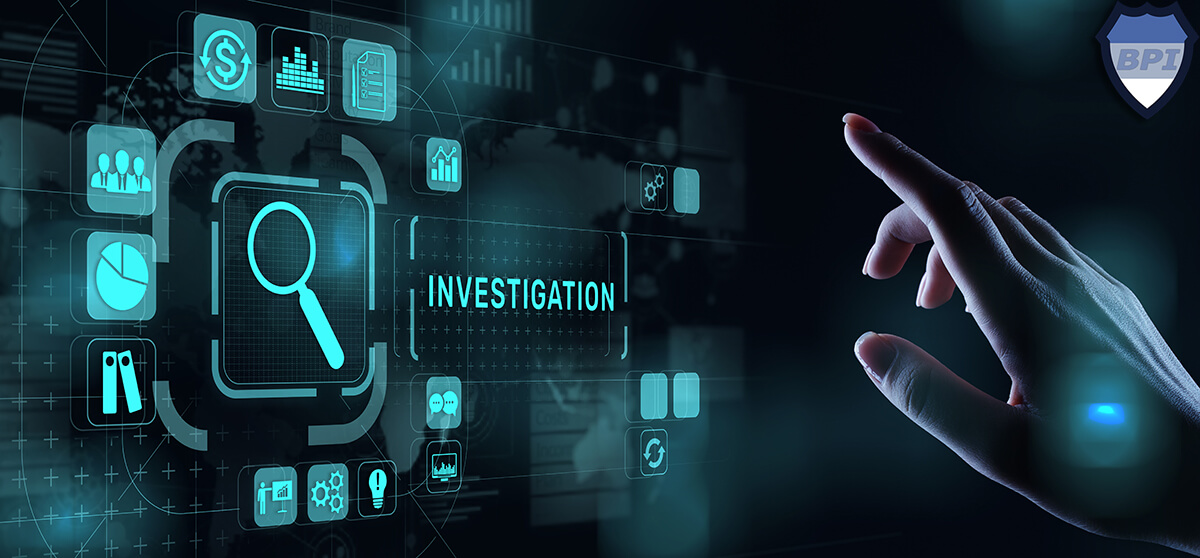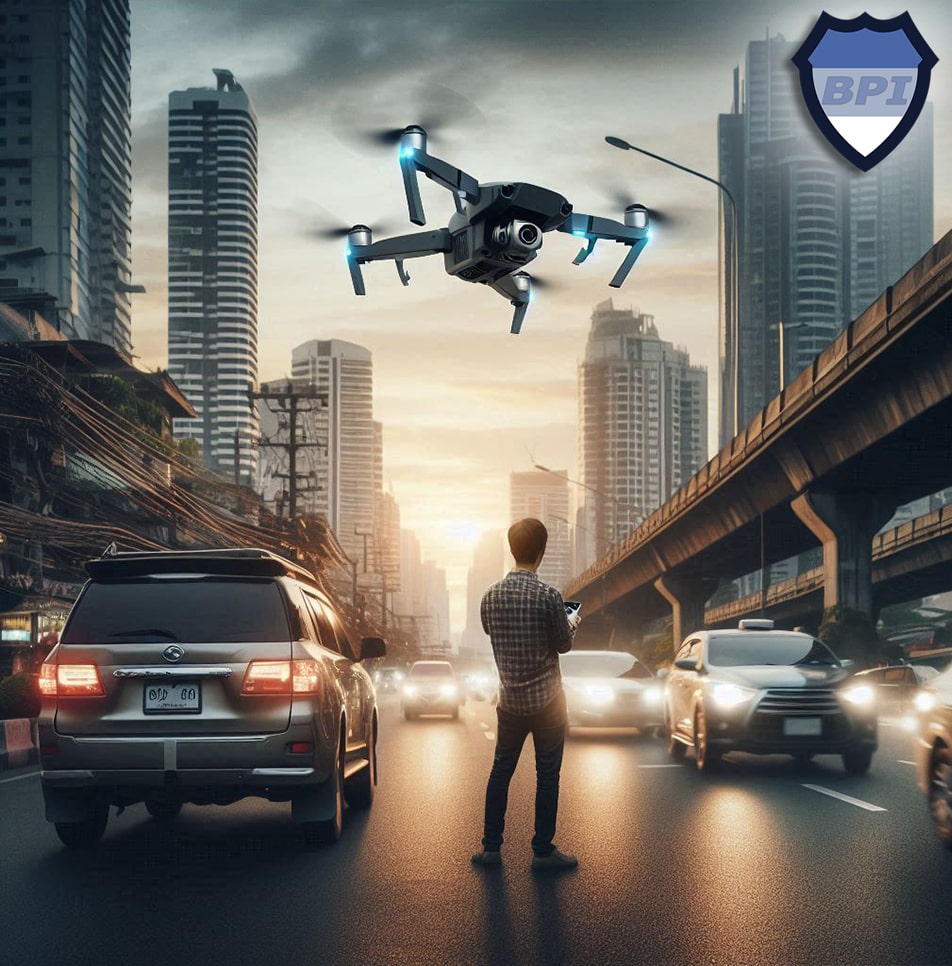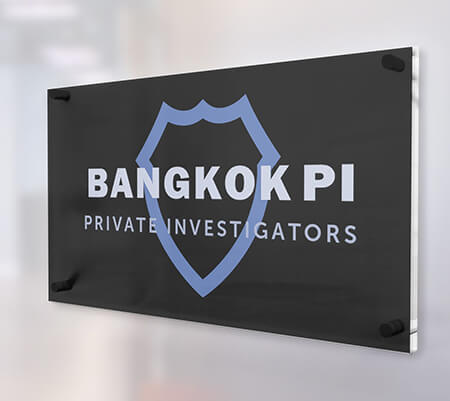Cutting-Edge Tools Revolutionising Private Investigation
August 30, 2024 - Reading time: 8 minutes
Updated: August 31, 2024
In the fast-paced world of private investigation, staying ahead of the curve is vital. With the advent of new technologies, private investigators are now equipped with an array of sophisticated tools that enhance their ability to gather evidence, analyse data, and ensure the utmost confidentiality and compliance. This article explores the latest advancements in technology that are transforming the private investigation landscape, ranging from software and mobile applications to high-tech camera gear.

Advanced Software Solutions
The role of software in private investigation cannot be overstated. Various applications have emerged that streamline case management, data analysis, and reporting.
1. Case Management Software: Platforms such as CaseGuard and MyCaseBuilder allow investigators to manage their cases efficiently. These tools help organise evidence, track tasks, and maintain communication with clients. The ability to access case files from anywhere enhances productivity and ensures that investigators can respond promptly to client needs.
2. Data Analysis Tools: Software like Palantir and i2 Analyst’s Notebook enables investigators to analyse large volumes of data swiftly. These platforms can process information from multiple sources, visualising connections between individuals, locations, and events. Such capabilities are particularly beneficial in complex cases involving fraud, missing persons, or criminal activity.
3. Surveillance and Monitoring Tools: With the rise of social media and online platforms, investigators increasingly rely on software that monitors digital activity. Tools like Hootsuite and Brandwatch allow private investigators to track social media posts, mentions, and trends, providing valuable insights into a subject's behaviour or associations.
Mobile Applications for On-the-Go Investigations
Mobile technology has transformed the way private investigators operate. A range of applications facilitates real-time data collection and communication.
1. GPS Tracking Apps: Applications such as Life360 and Glympse enable investigators to monitor the locations of individuals discreetly. These apps can provide real-time data on a subject’s movements, which is invaluable in cases involving surveillance or tracking.
2. Document Scanning and OCR Apps: Mobile applications like CamScanner and Adobe Scan allow investigators to quickly scan documents, convert them to PDFs, and extract text using Optical Character Recognition (OCR). This technology streamlines the process of gathering and storing evidence, making it easier to compile reports.
3. Secure Communication Apps: Maintaining client confidentiality is paramount. Secure messaging apps such as Signal and Wickr Me provide end-to-end encryption, ensuring that sensitive information remains protected from prying eyes.
High-Tech Camera Gear
Visual evidence plays a crucial role in private investigations. The latest advancements in camera technology have made it easier for investigators to capture high-quality images and videos discreetly.
1. High-Resolution Cameras: Modern digital cameras, such as the Sony Alpha series or Canon EOS R, offer exceptional image quality and low-light performance. These cameras enable investigators to capture clear images in various conditions, which can be crucial for evidence collection.
2. 360-Degree Cameras: Devices like the Ricoh Theta Z1 allow for immersive photography that can capture an entire scene in one shot. This technology is particularly useful in documenting accident scenes or locations of interest, providing a comprehensive view that traditional photographs cannot.
3. Camera Lenses: The choice of lens can significantly impact the quality of the captured image. Telephoto lenses, such as the Canon EF 70-200mm f/2.8L, allow for long-distance shooting without compromising clarity. This capability is essential for covert surveillance, enabling investigators to remain at a safe distance while still capturing necessary details.

Drones in Investigations
The use of drones has revolutionised aerial surveillance and data collection in private investigations. Drones equipped with high-definition cameras can cover large areas quickly, providing unique perspectives that ground-level investigation cannot achieve.
1. Aerial Photography: Drones like the DJI Mavic Air 2 or the Phantom 4 Pro allow investigators to capture stunning aerial images and videos. This capability is beneficial in various scenarios, including accident recreations, property surveys, or locating missing persons in remote areas.
2. Thermal Imaging: Some advanced drones are equipped with thermal imaging cameras. These devices can detect heat signatures, making them invaluable in search and rescue operations or monitoring environmental conditions.
Cyber Investigation Tools
As more activities shift online, the need for cyber investigation tools has grown. Private investigators now utilise software that helps uncover digital footprints and gather online evidence.
1. Digital Forensics Tools: Software like EnCase and FTK allows investigators to recover deleted files, analyse data from hard drives, and examine digital devices for evidence. These tools are essential in cases involving cybercrime, fraud, or intellectual property theft.
2. Social Media Analysis Tools: Platforms such as Netlytic can analyse social media interactions and identify connections between individuals. Understanding online behaviour is increasingly important in investigations, as many subjects may reveal information about themselves through their digital presence.
The Future of Private Investigation Technology
The landscape of private investigation technology continues to evolve at a rapid pace. Emerging technologies, such as artificial intelligence (AI) and machine learning, promise to further enhance the capabilities of private investigators. Predictive analytics can help investigators anticipate potential outcomes based on historical data, while AI-driven image analysis can streamline the process of examining visual evidence.

As technology advances, the role of private investigators will also shift. Staying abreast of these developments is crucial for professionals in the field, ensuring they can leverage the latest tools and techniques to serve their clients effectively.
The integration of cutting-edge technology into private investigation practices not only enhances efficiency but also elevates the quality of service provided to clients. By adopting these innovative solutions, private investigators can navigate complex cases with greater ease, ensuring that they remain at the forefront of the industry. Whether utilising advanced software, mobile applications, or high-tech camera equipment, the future of private investigation is undeniably bright.
Related articles
Search
Bangkok Investigators

Discover more about Bangkok Private Investigators on our homepage or by visiting our About Us page.